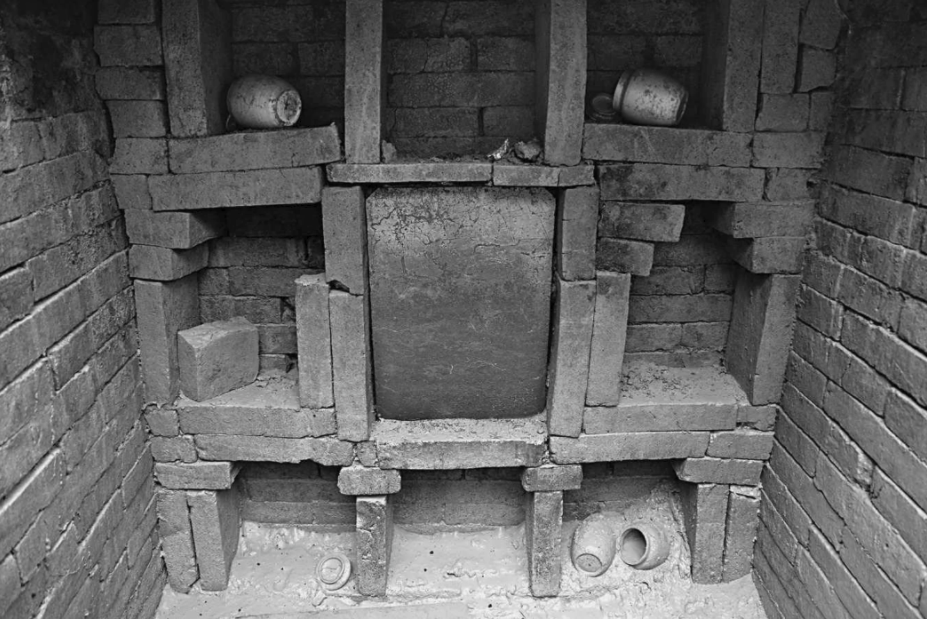
The tombs of a husband and wife who lived in medieval China 800 years ago have revealed the lost history of the couple —an ancient Lord and his "Lady of Virtue"— along with a vast hoard of jewels and gold.
The burial chambers were discovered at a construction site in Qingyuan County in China's eastern Zhehiang province, Live Since reported. Inside the wife's tomb, which had been left unmolested by grave robbers, excavators uncovered gold jewelry, gold combs, gold and silver hairpins and a crystal disc.
Related: China: Mongol Shipwreck Reveals Golden Treasure From When Genghis Khan's Descendants Ruled
Engravings discovered a the site have shown the precious artefacts and the tombs were the property of Lord Hu Hong and his wife, whose maiden name was Wu.
Inside Hu Hong's tomb, extensive inscriptions were recovered detailing the events of his life and his rise to power as a senior government official from his poverty-stricken beginnings. Less is known of his wife. While her tomb remained intact, and Hu Hong's was robbed, the inscription on Wu's tomb is now unreadable.
According to experts from the Zhejiang Provincial Institute of Cultural Relics and Archaeology bodies had almost completely decayed over the centuries. Large quantities of mercury were found within Wu's tomb which appeared to indicate some failed attempt to prevent decomposition.
While none of Hu Hong's possessions were recovered a great deal can be learned about his life from the writings in his tomb.
It appears he began his life as a poor refugee. Hu Hong and his family were forced to flee civil war that plagued the country in the 10th Century.
He was able to reverse his fortunes through diligent study and talent in the classroom, rising to the prominent position of magistrate where he was recognized by the government for his service on the Song Dynasty's northern borders with its Chinese rival for power in the north.
Hu Hong led campaigns against rebels as a military commissioner but retired not long after, disillusioned with what he viewed as the moral decay inside his government. "He knew that he was beyond his prime and insisted on retiring. Had he kept being outspoken, he would have been pushed out," writings inside the tomb read.
Evidence recovered from the dig site has shown Hu Hong died in 1203, and his wife died in 1206. Their tombs were built side by side. At the time of their deaths the pair had two sons, three daughters and three granddaughters.
Uncommon Knowledge
Newsweek is committed to challenging conventional wisdom and finding connections in the search for common ground.
Newsweek is committed to challenging conventional wisdom and finding connections in the search for common ground.
About the writer
Callum Paton is a staff writer at Newsweek specializing in North Africa and the Middle East. He has worked freelance ... Read more
To read how Newsweek uses AI as a newsroom tool, Click here.








